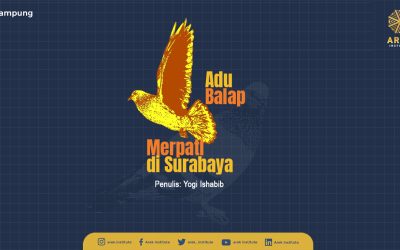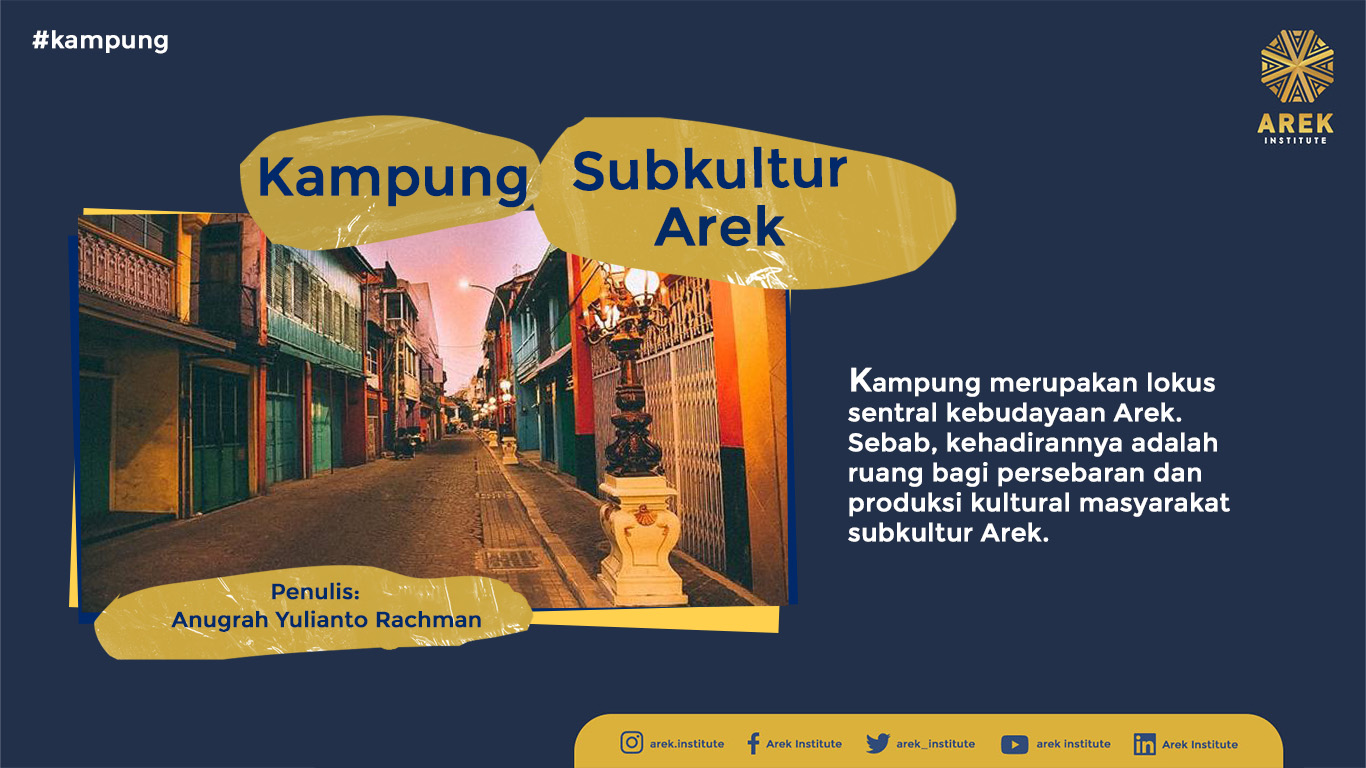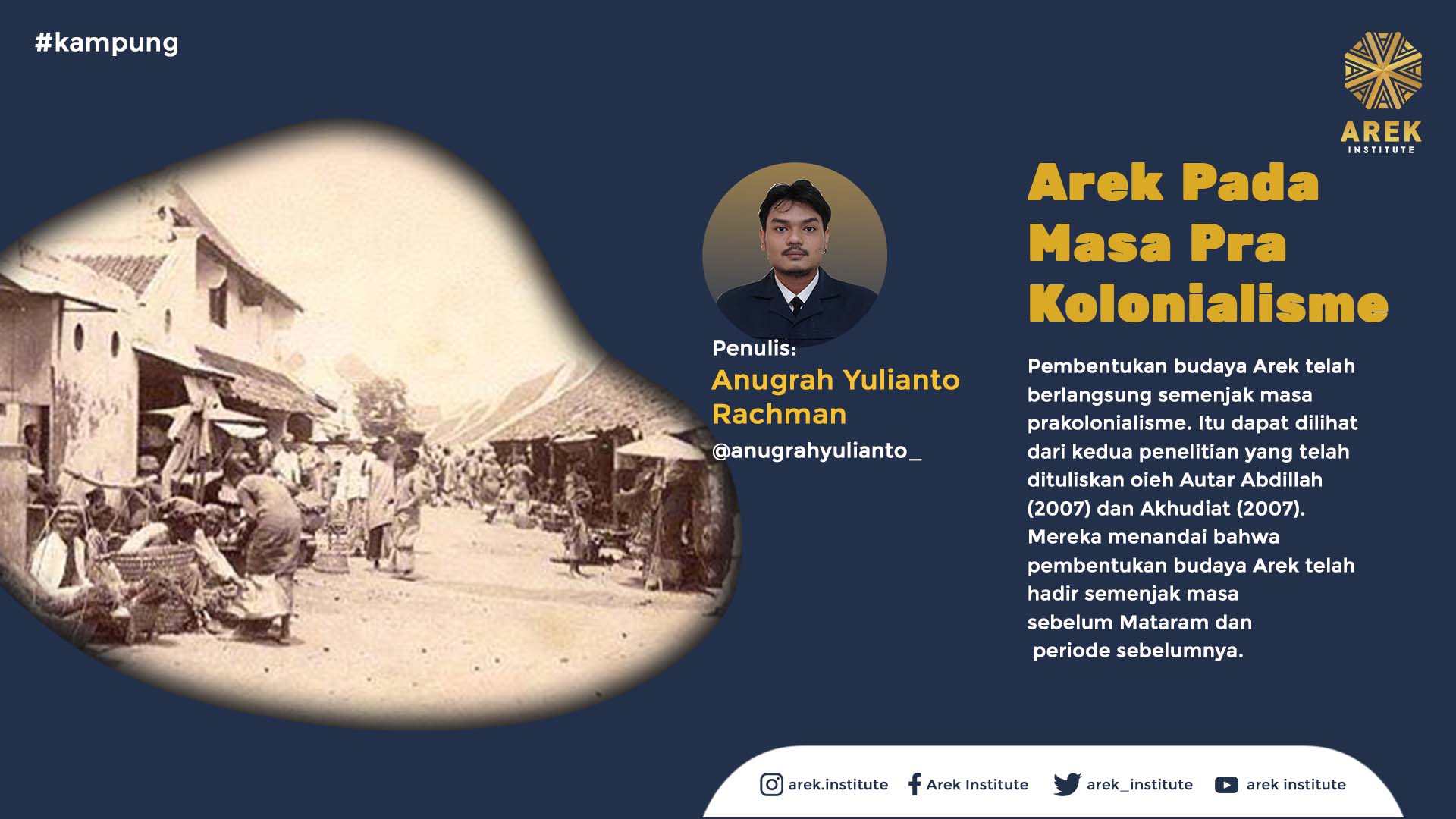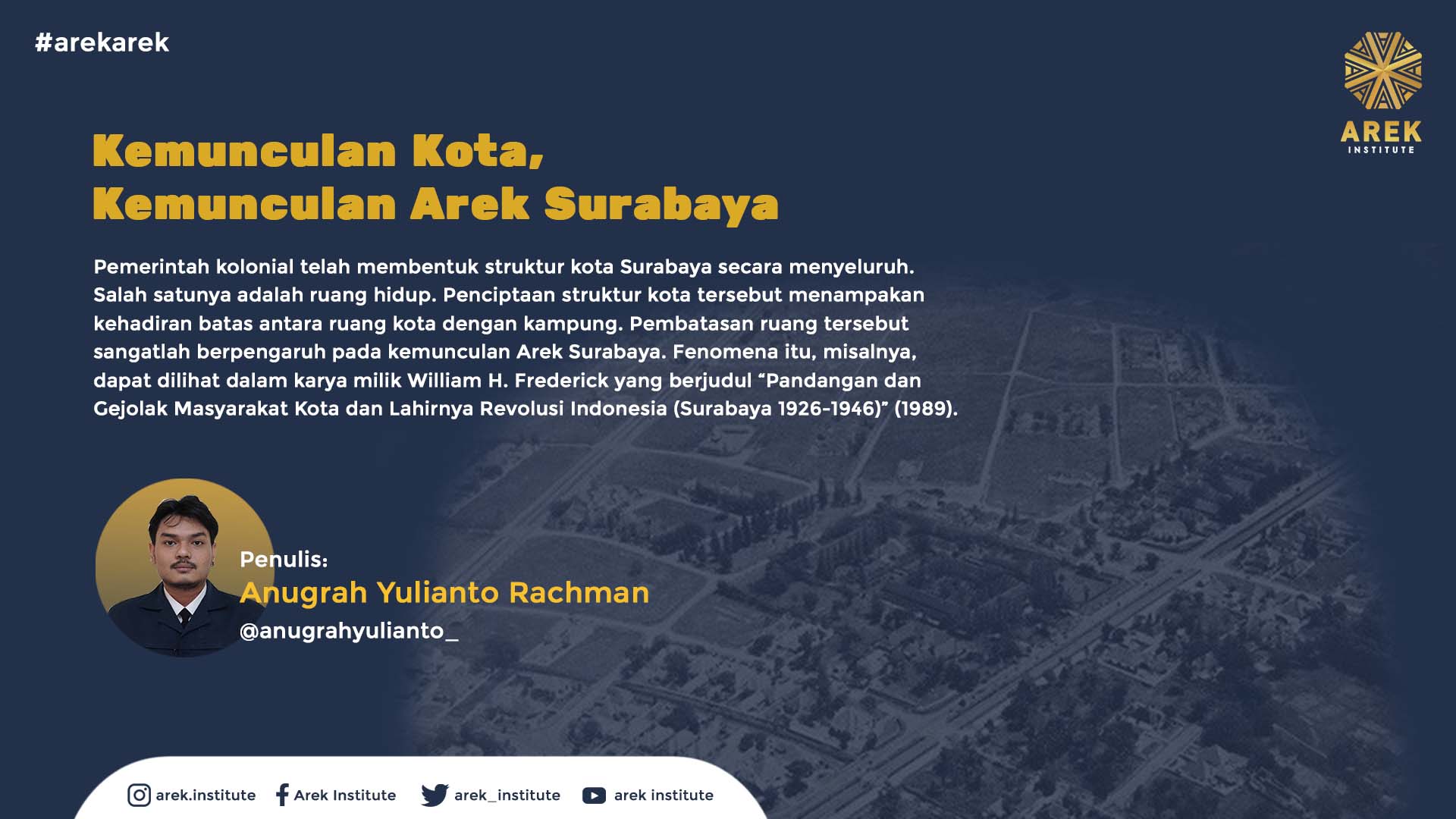
Arek Studies, akin to an uncharted map, lacks a clear scholarly framework compared to other thematic studies. This is because there hasn’t been a study that specifically addresses this topic. It is merely seen as intersecting with other academic disciplines without being studied based on a fundamental and rooted scholarly structure.
Scientifically, Arek Studies has yet to establish a foundation like other study topics. Unlike this study, Java Studies, for example, has been around since the imperialist era (Kuitenbrouwer, 2014:89-90). Its presence also followed the wave of academic groups during the Dutch imperialism in the Dutch East Indies. At that time, the Dutch were trying to expand into that territory.
Java Studies actually has a scientific foundation because it has been rooted since a certain period. Moreover, pioneers in its domain have already been mapped out. Unlike Arek Studies, researchers on Java have been investigating this topic since the 19th century, although those studies were conducted for colonial interests. The colonizers needed to understand the landscape and conditions of the society they intended to subdue.
On the other hand, Arek Studies is building its scientific foundation. This step is taken by mapping researchers who have conducted research on this topic. Some authoritative researchers have filled this study area. Among these researchers are Purnawan Basundoro (City Historian), Frederick H. William (City Historian), Freek Colombijn (Urban Anthropologist), Autar Abdillah (Social Researcher), and others.
Implicitly, the researchers mentioned have contributed to providing a research map for this study. They have intersected with this topic in their research results, but it is still very limited to intersecting with their respective academic disciplines. It has not been unified under a specific thematic study domain. However, these researchers have provided a considerable mapping of Arek Studies.
Broadly, their research results can be mapped into two main periodic lines of study. On one side, researchers like Frederick H. William, Purnawan Basundoro, and Freek Colombijn have a research range in the colonial period. Their research looks at the life of the Arek community and colonial society phenomena in Surabaya, the central distribution of the Arek subculture. This means that the emergence of this community is marked by phenomena that appeared during that period.
On the other hand, researchers like Autar Abdillah and Akhudiat place the formation of Arek culture as having occurred since the pre-colonial era. They see the presence of Arek culture as having been formed since this period. This is marked by various phenomena that shaped this culture, such as natural, social, and linguistic phenomena occurring within the Arek subculture environment (Abdillah, 2007) (Akhudiat, 2007).
Based on these studies, Arek Studies actually has a position as a scholarly construct. It shows that this study has intersected with many researchers. However, in terms of scientific basis, Arek Studies has not yet been fully and adequately mapped because the study is still limited to sporadic studies. This situation has led to an initiative to construct a framework for this study.
Through this initiative, Arek Studies can be mapped and developed, contributing to scholarly constructs and addressing issues within the Arek subculture’s life. There are many unresolved issues to this day, such as the cases of Ludruk art born from the Arek community, which also faces problems due to the passage of time.
Therefore, research and studies in this domain are crucial. It can help the Arek community and the academic public to reflect and advance life within this community. To support this work, Arek Studies requires a multi-perspective approach. This effort can be undertaken by building collective studies because it can open up this study map to have a broader horizon.
The spirit of collective study work can be achieved by building studies based on interdisciplinary or multidisciplinary work. This means that individuals from various backgrounds can collaborate to study phenomena within this subculture. This causes the study not only to be limited to a specific academic domain but also to develop itself to engage in dialogue, both academically and non-academically, from various perspectives.
In summary, Arek Studies, as a scholarly construct, has not yet established a deeply rooted and robust foundation. The study is still very sporadic. A significant effort is needed to tie the Arek phenomena into a scholarly domain because such an effort can provide a clear overview of the mapping of this study.






0 Comments